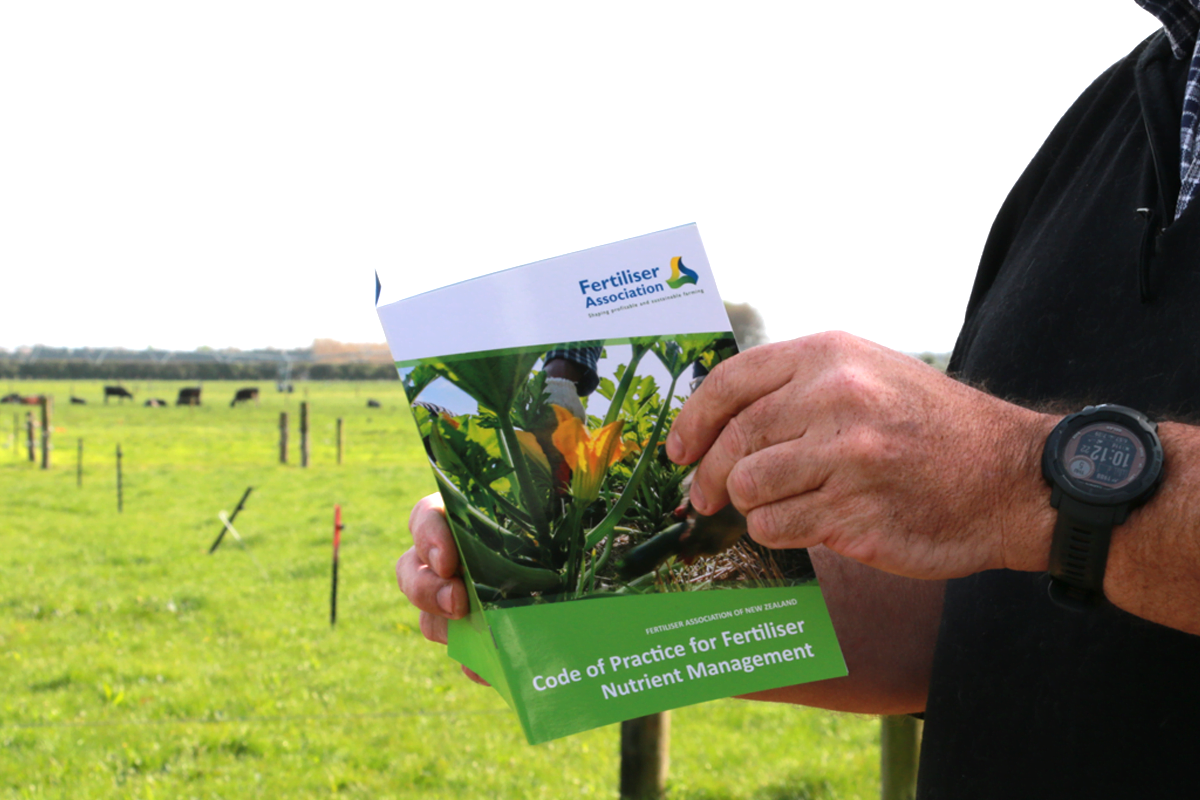Assessing research impact potential: Using the transdisciplinary Outcome Spaces Framework with NZ’s National Science Challenges
January 2019
Publication: Kōtuitui: New Zealand Journal of Social Sciences Online
Author(s): R. Duncan, M. Robson-Williams, D. Fam
Calls for science to have impact as well as excellence have been loud and clear from research funders, policymakers and research institutions for some time. Transdisciplinary research (TDR) is expected to deliver impact by connecting scientists with stakeholders and end users to co-produce knowledge to respond to complex issues. While New Zealand’s science system is geared to deliver excellence, its capability to also deliver impact beyond academic institutions is less clear. This paper firstly presents findings from testing innovations to the TDR Outcome Spaces Framework (OSF+) with four National Science Challenges (NSCs). We conclude that OSF+ is a useful tool for planning for multiple outcomes and assessing the potential for impact. Secondly, it presents findings of how using OSF+ to assess research impact potential revealed a range of implicit theories of change (i.e. catalyst, deficit, engagement and collaboration) across the NSCs.
 View Our Strategy Document 2019 – 2024
View Our Strategy Document 2019 – 2024



